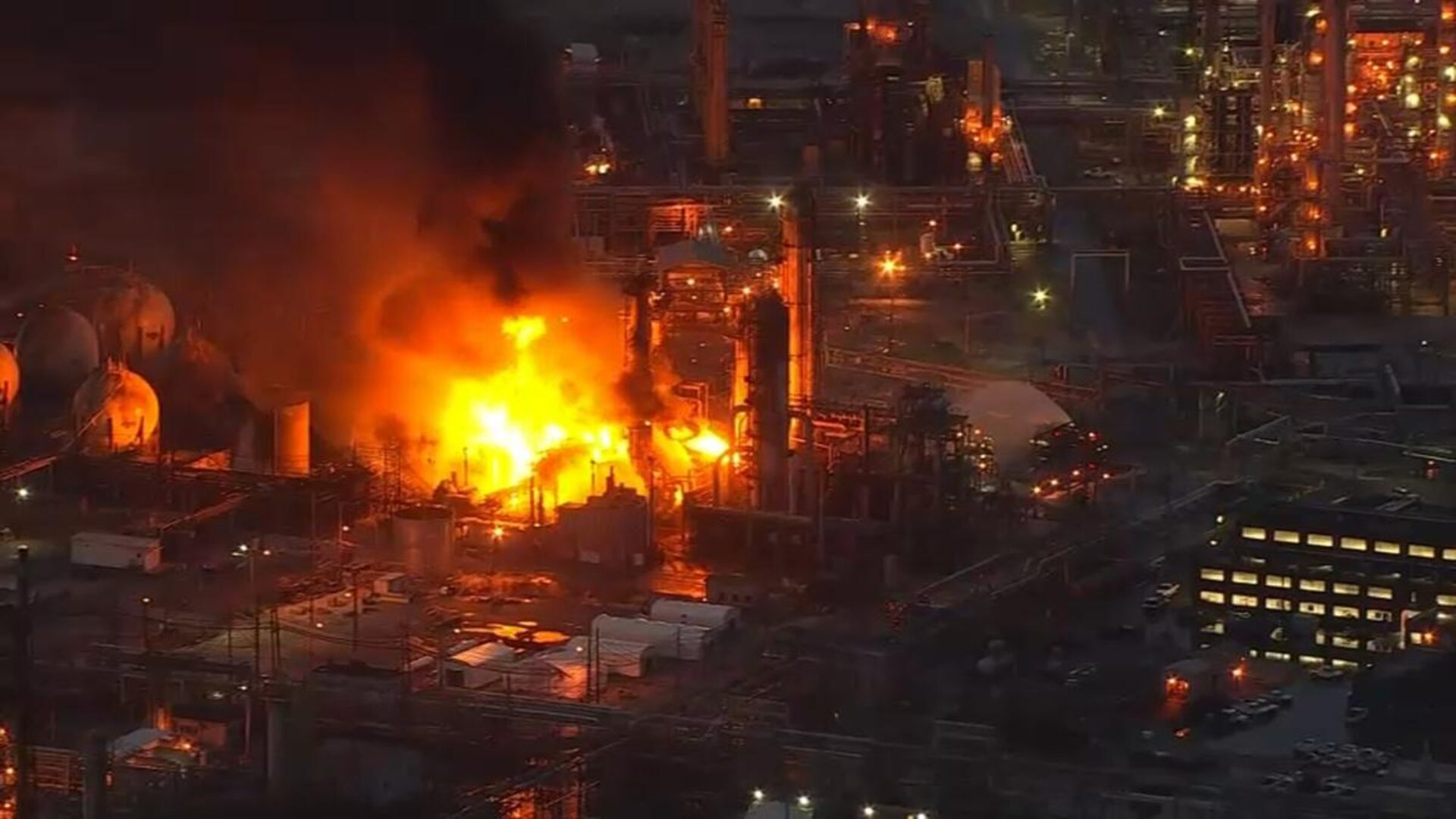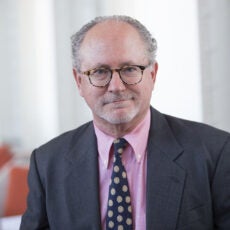
After the Fire: Philadelphia’s Responsibility to the Bigger Picture
After the explosion and fire at the PES refinery, the City of Philadelphia should connect the dots among a range of related environmental issues, events, and crises and raise the visibility and influence of the City’s environmental policy makers.
Since humankind’s invention of fire, energy systems have carried operational risk. Some forms of energy are more dangerous than others, but all can cause devastation. A hydrocarbon-based refinery explosion or a solar-powered grid blackout are both capable of killing people, and both require expert management of complex and risky operations.
Last Friday’s explosion and fire at the Philadelphia Energy Solutions refinery will be scrutinized for negligence, assessed for impacts, and debated as evidence on whether the refinery should or should not be allowed to operate. It is altogether fitting that we should do all these things.
But it will be important as we proceed to avoid the trap of “yes or no” and to proceed on the basis of “under what conditions?” What do we care about? How much of it do we want? Can PES perform in accordance with our conditions? Are our conditions legal and enforceable?
The operations and markets in which PES operates are regulated by federal and state agencies and the laws that empower them. However, when it’s Philadelphia firefighters who respond to two fires in two weeks, it’s the mayor not the president who calls the press conference.
Frankly, I do not know the extent of the City’s leverage over PES with respect to its power to protect public health and safety. I suspect that there are many compelling legal and regulatory theories that could be mobilized as a basis for action.
But I do know that the City can have an environmental policy and, in fact, it does have one in Greenworks. That policy was the first sustainability plan among major U.S. cities to be designed around equity in terms of environmental and economic outcomes.
When Greenworks was launched in 2009, I was the director of sustainability, the chief policy adviser to the mayor, the recovery officer for the Obama stimulus funding, and a member of the senior cabinet along with the four deputy mayors and city charter officers. Having three jobs and a seat on the cabinet meant that it was one person’s clear responsibility to understand, prioritize, and implement the City’s environmental policies.
That span of responsibility and authority makes it possible to connect the dots among a range of related environmental issues, events, and crises. Otherwise, every event seems like the most important issue, and it is, because of media attention and constituent politics….until the next event. And when the next event happens, attention shifts from lead poisoning to the refinery fires, and then to the waste stream, and so on. And not enough gets done on any of these serious issues.
It is a privilege of each administration to organize itself as the mayor sees fit. There is no one right way to organize the job of governing the City. But however it is organized, the PES fires make a strong case for permanently raising the visibility and influence of the City’s environmental policy makers. The health and safety of air, land, and water have a powerful effect on the prosperity and justice of life in Philadelphia. The regulation of land use is squarely under the City’s control. The City has an ambitious set of environmental goals.
Put the people responsible “in the room where it happens.”
Mark Alan Hughes
Director EmeritusMark Alan Hughes is director emeritus of the Kleinman Center. During his time as faculty director, he led the Center and wrote on topics ranging from deep decarbonization to the future of Philadelphia’s energy landscape.

